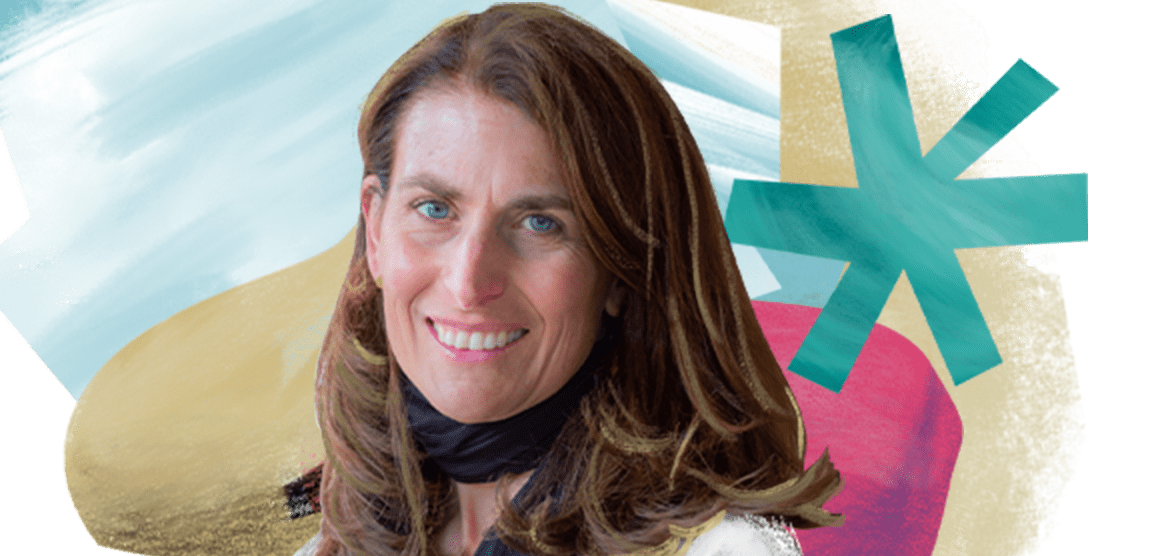Kelly Bowman is no stranger to tough conversations. As a manager at Health First Colorado, one of the state’s Medicaid programs and a crisis services provider for 19 counties in southeast Colorado, Bowman sees firsthand the struggles people face:
Job loss. Medical bills. Unstable housing.
The pandemic and the nation’s unrest have only amplified the stress and anxiety felt by her clients — not to mention her colleagues, family and even herself. So, this spring she took an online coaching session through the Greater Resilience Information Toolkit (GRIT) at the University of Colorado Colorado Springs (UCCS) to learn how to have, not avoid, these necessary conversations about mental health and well-being.
Help is needed now more than ever, Bowman says.
“Getting people connected to care is mission critical. There are a lot of things that are challenging right now. There are a lot of things that are extremely painful. The world is going to be grieving for a while, and I think having a program like GRIT that can help people with tough conversations in an innovative and healthy way is huge.”

Kelly Bowman
Part of the National Institute for Human Resilience at UCCS, GRIT is a free virtual program that was created in the wake of COVID-19. Since 2014, philanthropic gifts totaling $15.7 million to UCCS are fueling the university’s leadership in resilience research and care.
GRIT offers research-based curriculum and trainings that help people manage stress, practice self-care habits like yoga or walking, get better sleep and promote resiliency. It also has modules tailored for mental health providers, first responders, veterans, parents and youth caregivers, community leaders and educators.
Bowman values how the university is building stronger communities through resources like GRIT.
“The world of health care is changing. We have to leverage technology because it gives you an opportunity to outreach to communities in real time that maybe struggled before in connecting with resources. Especially in rural Colorado where you don't have access to certain hospitals, your closest clinic is 25 minutes away, or you don't have as much testing or your pharmacy is only open until 5 p.m. This is part of life in small-town Colorado, but GRIT adds to this conversation about how to build community resilience despite these types of challenges.”
Bowman says the university is a trusted resource that cares about the health and well-being of our communities.
“For smaller communities to feel that they have the support of the university is critical. We don’t heal in isolation; we’re social creatures. I think GRIT can be effective for anybody in Colorado, and we're setting the tone that we can have healthy Coloradans no matter what is thrown at us because we have the resources to take care of one another.”

Kelly Bowman



